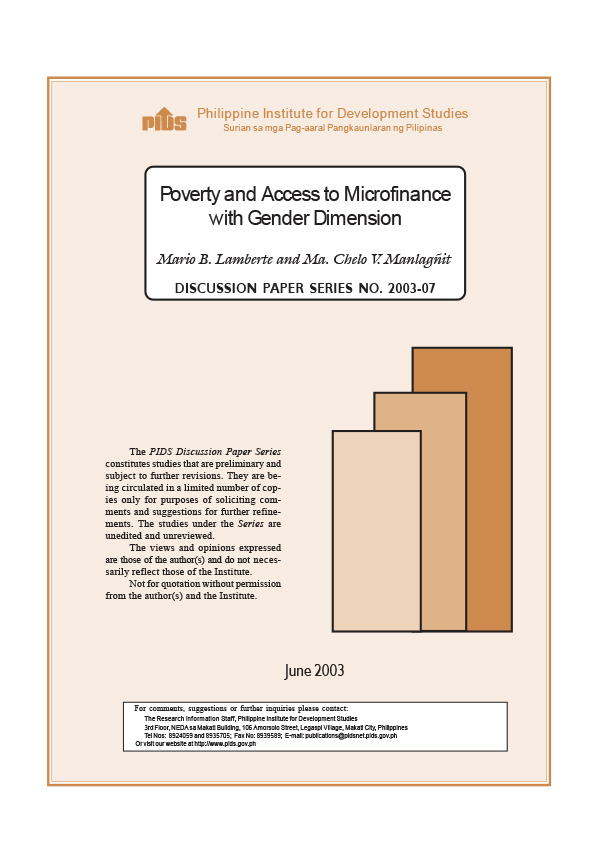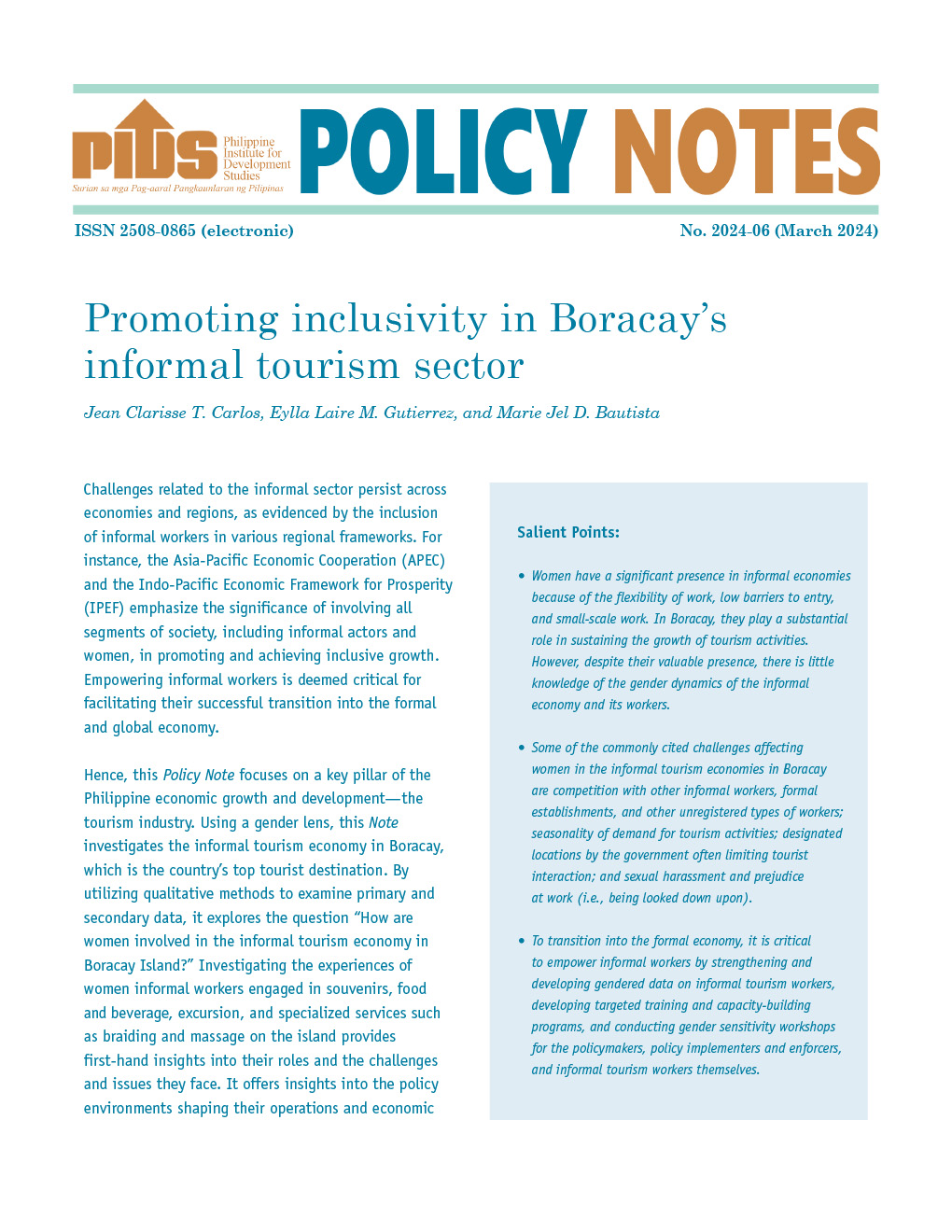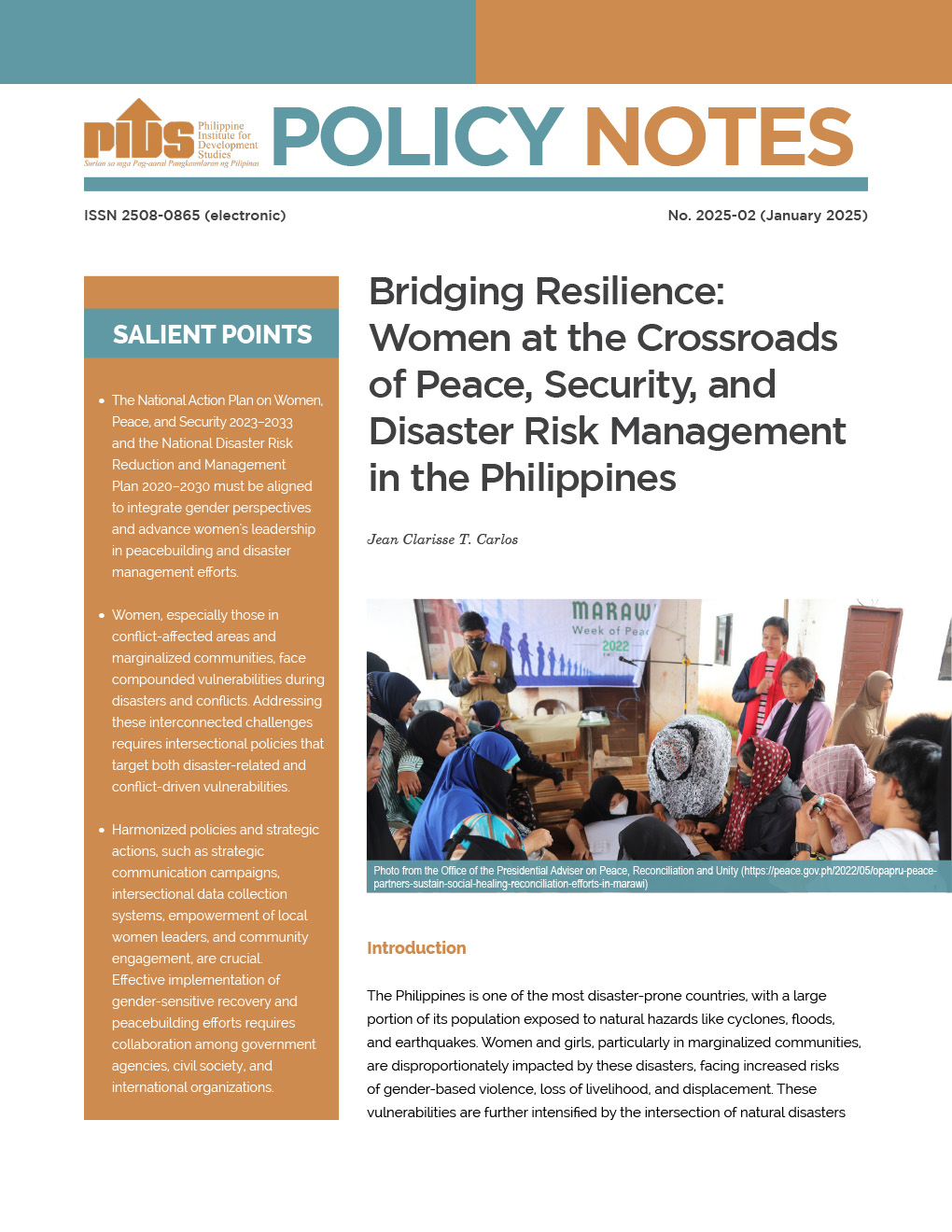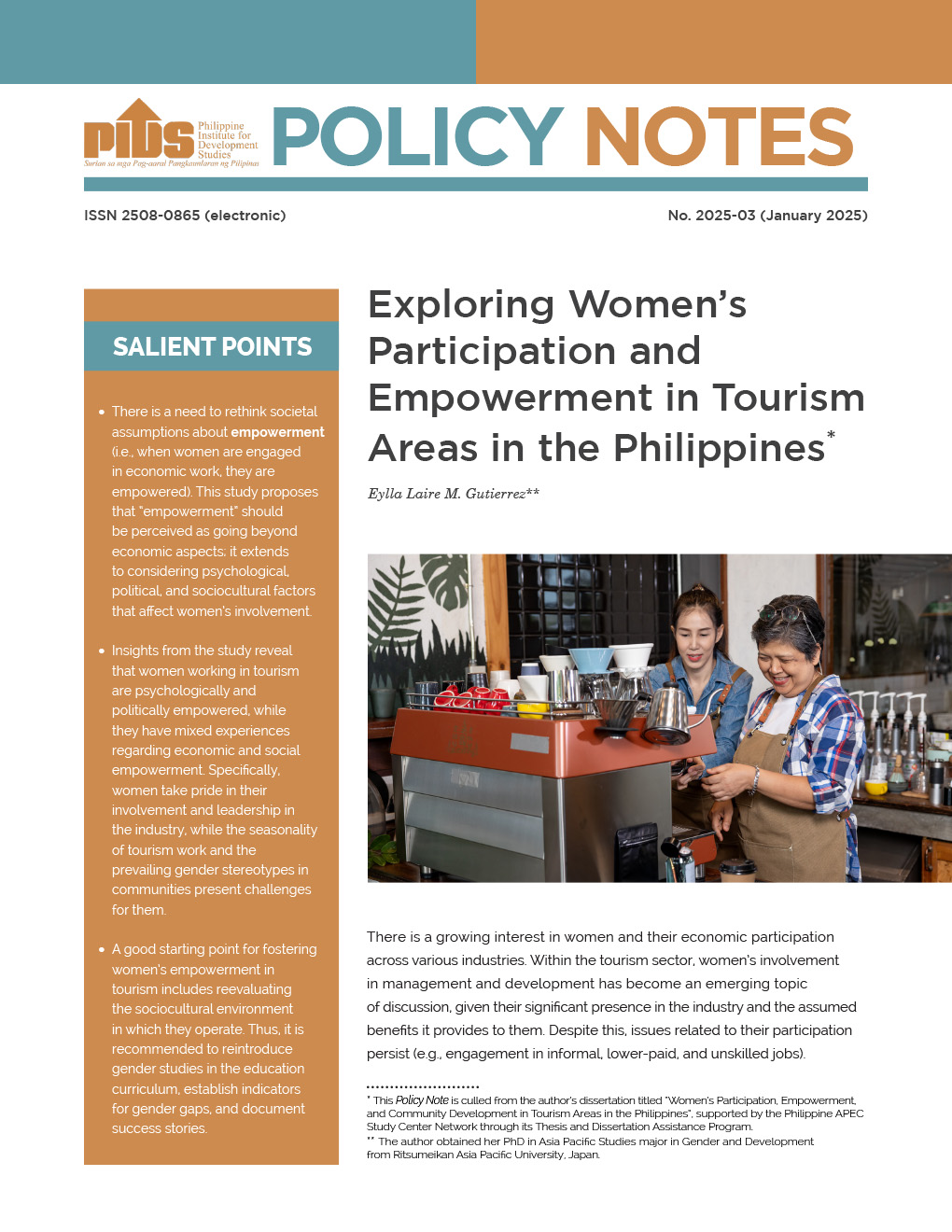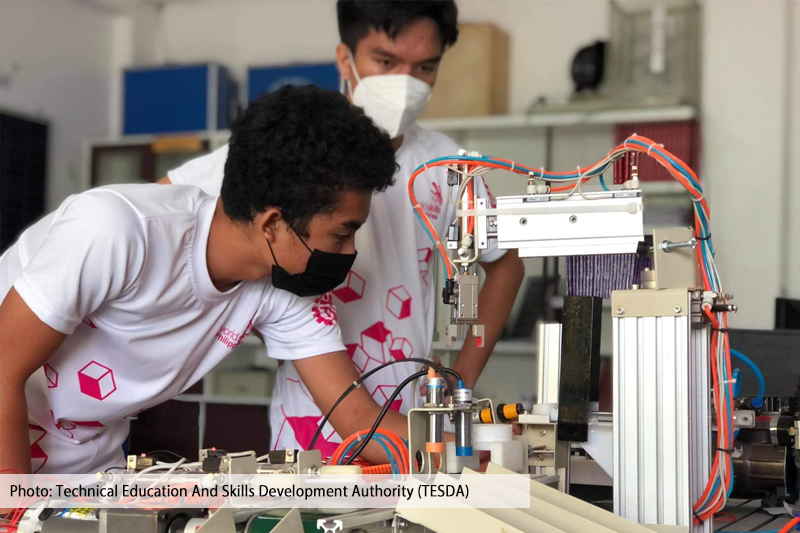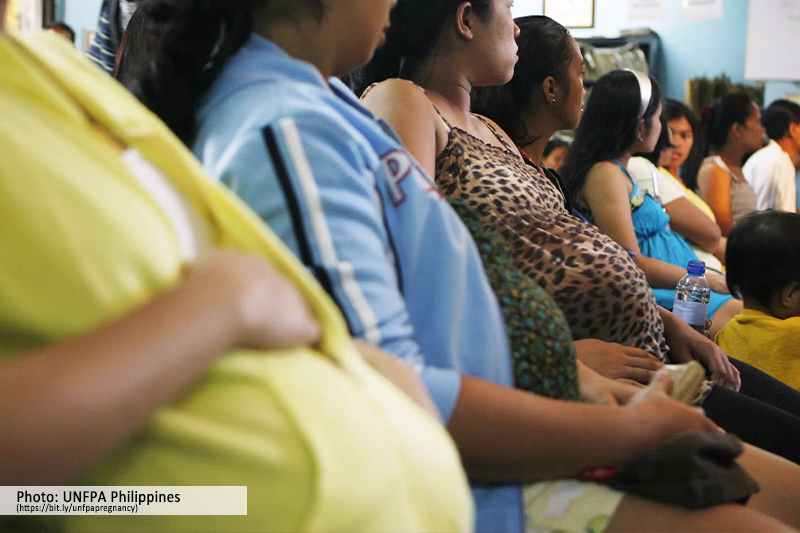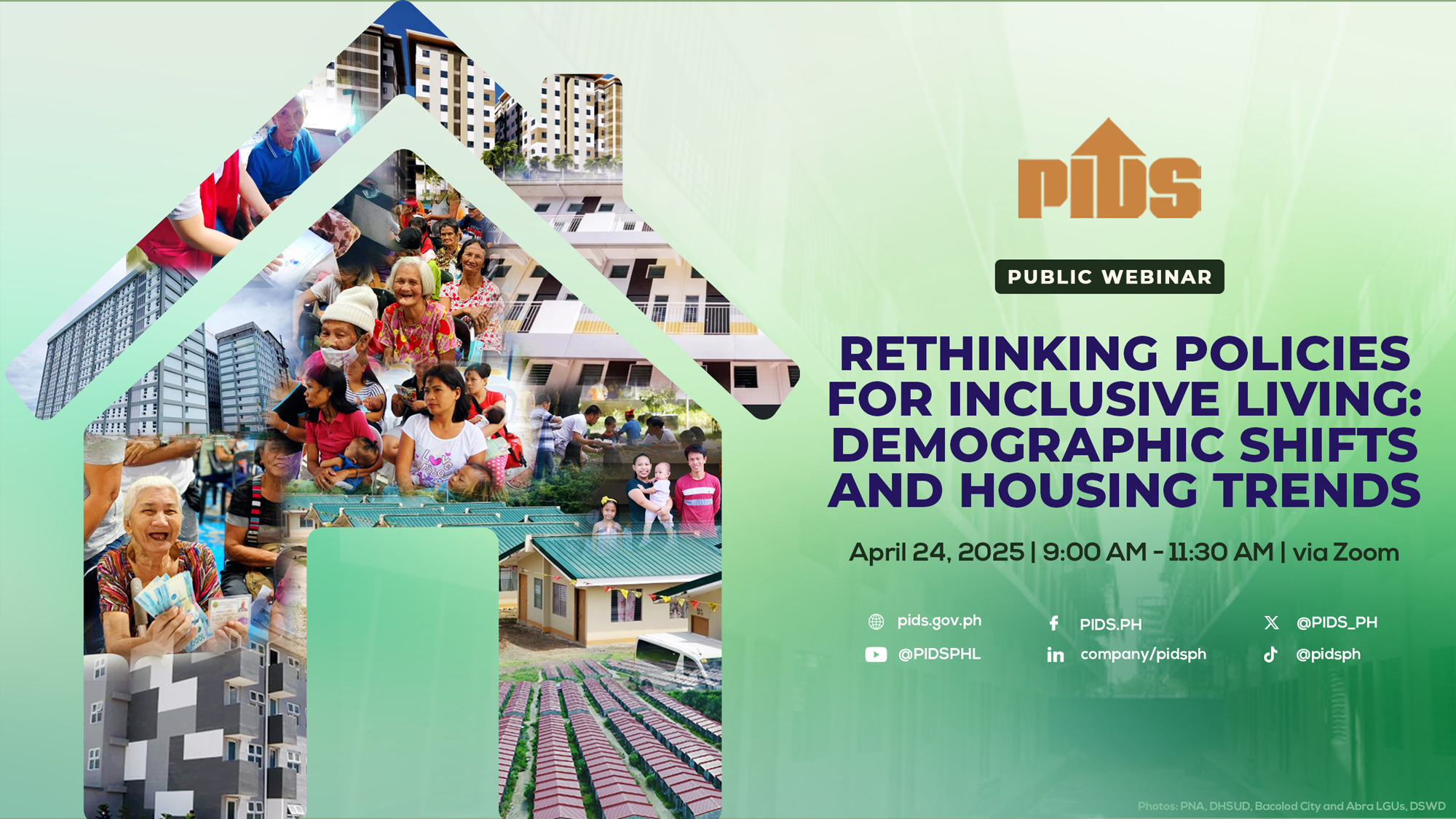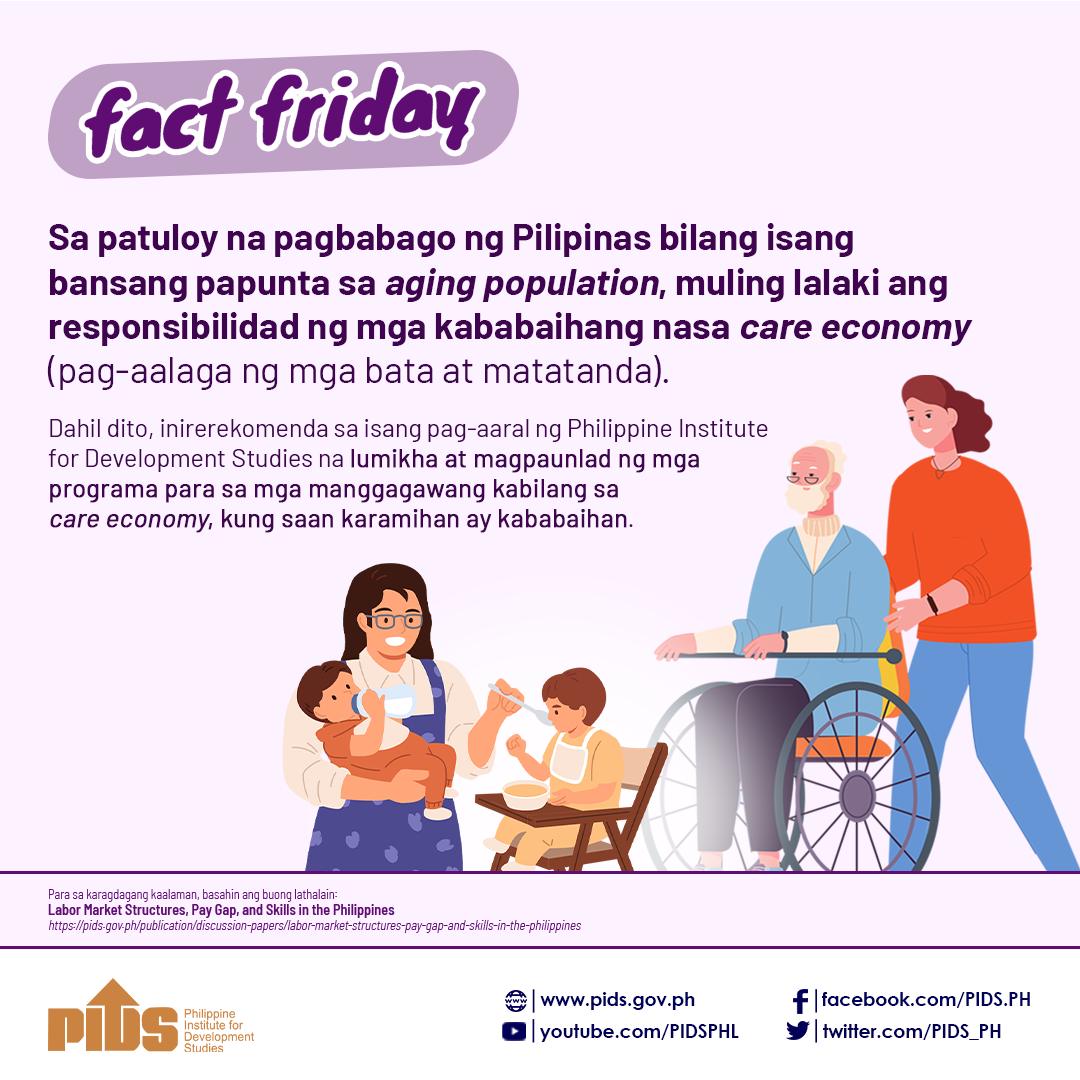This paper examines the development of microfinance market from the household perspective as it relates to poverty alleviation. It employs poverty decomposition and dominance analysis. The analysis was divided into four components: comparison between beneficiaries of community-oriented financial institutions (COFIs) and nonbeneficiaries; comparison between male-headed and female-headed households; comparison between male-headed and female-headed beneficiary households; and comparison between male-headed and female-headed nonbeneficiary households. Results show that there is a large disparity in poverty incidence between COFI beneficiaries and nonbeneficiaries while the results on the comparison between male-headed and female-headed households reveal that there is hardly any difference between these two groups. Among COFI beneficiaries, female-headed households appear to be poorer than male-headed households while among nonbeneficiaries, male-headed households appear to be poorer than female-headed households.
Citations
This publication has been cited 5 times
- Koloma, Yaya. 2019. Microfinance et réduction de la pauvreté selon le genre au Mali : un réexamen des données de 2007-2008 [Microfinance and Poverty Reduction by Gender in Mali: A Review of 2007-2008 data]. MPRA Paper 94745. University Library of Munich, Germany.
- Koloma, Yaya and Hayyan Alia. 2014. Gendered impact of microcredit in Mali: An evaluation by propensity score matching. MPRA Paper 110202. University Library of Munich, Germany.
- Koloma, Yaya and Zaka Ratsimalahelo. 2015. Jeunes, accès au microcrédit et performance des microentreprises: une évidence au Mali. Working Papers hal-01377920. HAL.
- Koloma, Yaya and Zaka Ratsimalahelo. 2015. Jeunes, acces au microcredit et performance des microentreprises : Une evidence au mali. Working Papers 2015-15. CRESE.
- Manlagnit, Ma. Chelo V.. 2004. Extent of asset accumulation of the households. Discussion Papers DP 2004-04. Philippine Institute for Development Studies.

